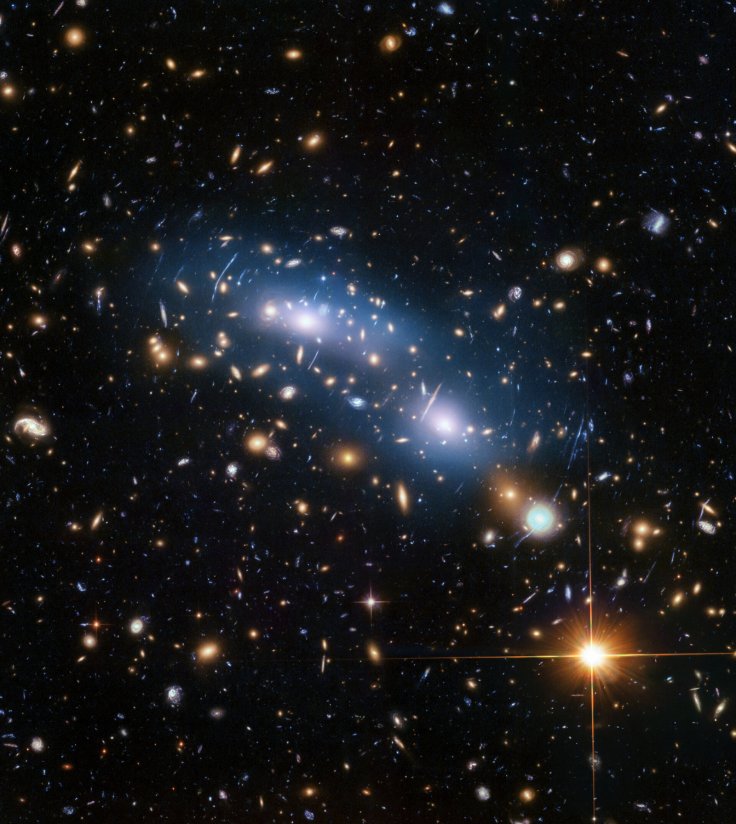A study published in the journal Microorganisms suggests that the immune systems of mammals—including humans —may face difficulties in detecting and responding to pathogens from other planets.
Researchers from the universities of Aberdeen and Exeter examined the response of mammalian immune cells to peptides—a combination of amino acids—possessing two amino acids that are a rarity on Earth, however, are found in meteorites commonly.
"As a thought experiment, we wondered what would happen if we were to be exposed to a microorganism that had been retrieved from another planet or moon where life had evolved," explained Prof. Neil Gow from the University of Exeter.
Less Efficient Against 'Alien' Peptides
Microorganisms (such as bacteria and viruses) could exist beyond Earth, and there are plans to search for signs of them on Mars and some of Saturn and Jupiter's moons. Such organisms might be based on different amino acids (key building blocks of all life) than lifeforms on Earth. The immune response to these "alien" peptides was "less efficient" than the reaction to those common on Earth.

The study - conducted in mice, whose immune cells function in a similar way to those of humans - suggests extra-terrestrial microorganisms could pose a threat to space missions, and on Earth, if they were brought back.
"The world is now only too aware of the immune challenge posed by the emergence of brand new pathogens," said Prof. Gow. He added, "Some very unusual organic building blocks exist outside of the planet Earth, and these could be used to make up the cells of such alien microbes.
"Would our immune system be able to detect proteins made from these non-terrestrial building blocks if such organisms were discovered and were brought back to Earth and then accidentally escaped? Our paper addresses this hypothetical event," Prof. Gow illustrated.
Analyzing Reaction of Immune Cells
The study was led by scientists at the MRC Centre for Medical Mycology, which moved from Aberdeen to Exeter last year. Researchers examined the reaction of T cells, which are key to immune responses, to peptides containing amino acids commonly found on meteorites: isovaline and α-aminoisobutyric acid.
The response was less efficient, with activation levels of 15 percent and 61 percent - compared to 82 percent and 91 percent when exposed to peptides made entirely of amino acids that are common on Earth.
"Life on Earth relies on essential 22 amino acids," said lead author Dr. Katja Schaefer, of the University of Exeter. "We hypothesized that lifeforms that evolved in an environment of different amino acids might contain them in their structure. We chemically synthesized 'exo-peptides' containing amino acids that are rare on Earth, and tested whether a mammal immune system could detect them," added Dr. Schaefer.
"Our investigation showed that these exo-peptides were still processed, and T cells were still activated, but these responses were less efficient than for 'ordinary' Earth peptides. We therefore speculate that contact with extra-terrestrial microorganisms might pose an immunological risk for space missions aiming to retrieve organisms from exoplanets and moons," concluded Dr. Schaefer
The discovery of liquid water at several locations in the solar system raises the possibility that microbial life may have evolved outside Earth, and could, therefore, be accidentally introduced into the Earth's ecosystem.
(With inputs from agencies)









